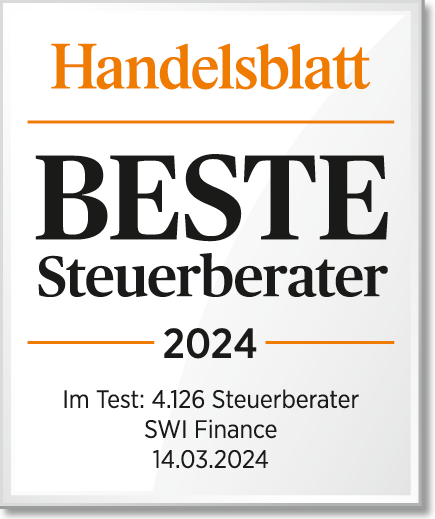The payment of the legally owed employer's share of an employee's pension, health and unemployment insurance does not constitute wages because the payment of the employer's share is not to be assessed as consideration for the employee's work. The employer must pay his share of the total contribution based on his own public law obligation imposed directly on him for social reasons. Until then there is agreement.
The BFH bases its judgment on the fact that the individual compulsorily insured employee through “the paymentFrom the BFH's point of view (probably meaning the employer's payment), there is neither an individual advantage under membership or contribution law nor an increase in benefits or other assets. Rather, the employer’s share is “system useful“and bring advantages and disadvantages to individual employers and their workforces; he will "earned by all compulsorily insured employees.” and calculated accordingly (as already stated in the Senate judgment of June 06.06.2002, 178 - VI R 97/XNUMX).
If these principles are applied, the non-mandatory contributions to occupational pension schemes made by a Swiss employer for its employees are taxable wages. In particular, this is not a general financial contribution intended for third parties, through which the individual employee does not experience an individual advantage under membership or contribution law, nor an increase in benefits or other assets. Rather, the extra-mandatory employer savings contribution paid would be credited to the savings balance maintained for the individual employee, which would increase their individual (pension) benefits when the “old age” insured event occurs.
This is hardly comprehensible and ignores reality. Because we don't live under socialism. In Germany, too, the employer's contributions are not charitable, but have a direct influence on the number of months of contributions and the amount of the employee's future pension. This means that employees in Germany also have an individual advantage from the employer's contributions, even though the pension in Germany is financed on a pay-as-you-go basis and is not paid out on a capital basis. For the recipient of wages, however, it makes no tax difference whether the wages are paid directly by the employer or by a third party. It just depends on the context of the content. Furthermore, the pension is not related to income from employment within the meaning of Section 19 EStG or Article 15 ff. DBA Switzerland assigned.
Contrary to the BFH, the employer's share is not "system useful” and is currently not earned by all compulsorily insured employees, that would be nice. German employers complain that they have to pay the employer's contributions to social insurance from their income and at their own expense, without support from the general public. The “entity of compulsorily insured employees” certainly does not help them bear these costs and burdens. What is true in Germany is that the “Total number of compulsorily insured employees“ and the taxpayers bear the pension provision of the civil servants and thus the judges, who for their part do not (have to) participate in building up their pension provision. The tax exemption of the employer's contributions is not tied to the fact that these contributions "system useful" are. In any case, it is arguable whether the German SV system “system useful“is or perhaps even anti-system. Because the “system” is the whole thing. If large parts of the population, especially the privileged, are not involved in bearing the burden of pension provision, then at least different perspectives are allowed.
The BFH’s statement is correct that the extra-mandatory “Employer risk surcharges(What this is supposed to be again remains unclear) increase the individual claims of the individual employee in the event of “death” and “disability”. With statutory pension insurance, the number of contribution months and the amount of contributions also influence the amount of individual pension entitlements. In any case, this cannot justify a different tax treatment.
According to the BFH, the employer's future security benefits are paid if the employer makes insurance contributions for the employee in such a way that he or she has his or her own irrevocable right to insurance benefits. This is to be agreed. However, it is a different question whether the payments into the pension fund lead to an irrevocable entitlement and whether this is associated with a tax liability for the contributions.
Anyone who is going through a divorce will be able to explain to the BFH how irrevocable their claim is. Of course, pension fund balances are included in the statutory pension equalization and are therefore withdrawn in whole or in part from the previous owner. Benefits that remain tax-free during the payment phase are generally offset 1:1 against the credit from the extra-mandatory benefit. At this point we will not discuss the rules of the IPR on the general effects of marriage. Of course, the claims can be withdrawn. Anyone who dies prematurely also has nothing from their pension or from the assets.






